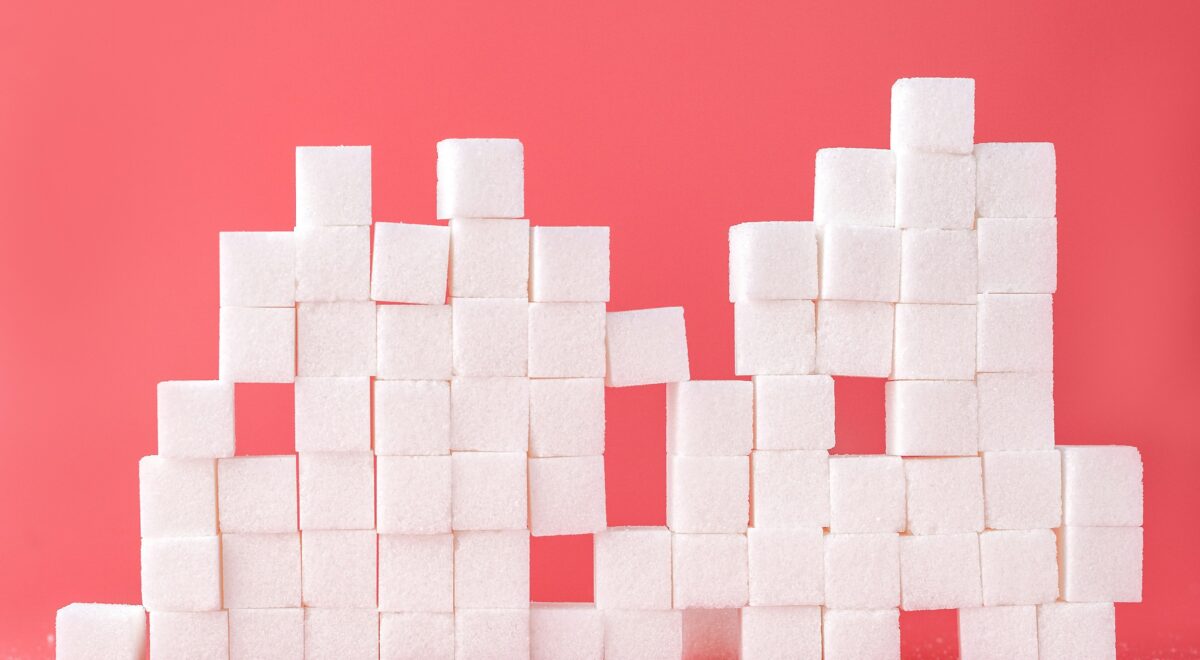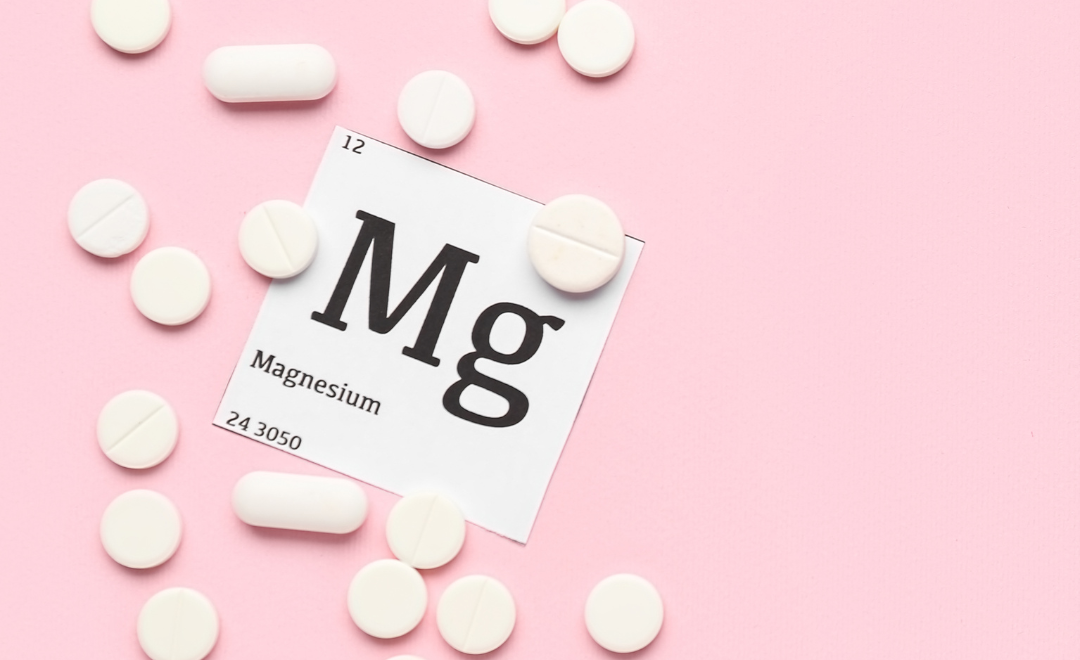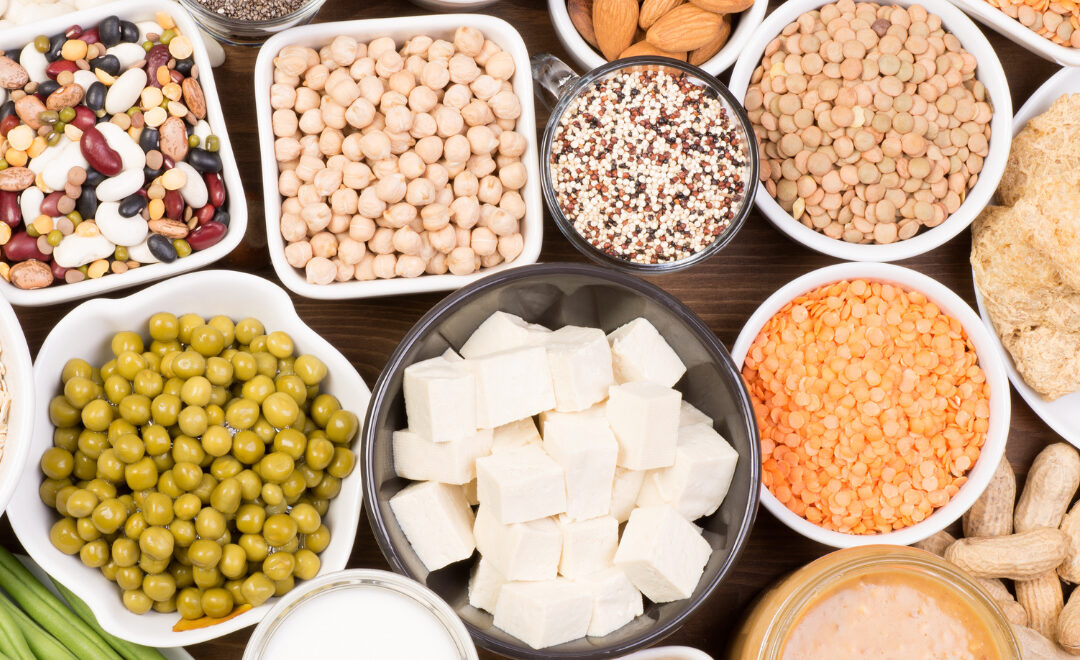Whey Protein vs Vegan Protein: Which is Better for You?
Looking to decide between whey protein and vegan protein? As a beginner, it’s normal to be overwhelmed with the amount of advice and BS companies make influencers say in order to promote their stuff so it’s important to be mindful of what we’re putting in our bodies. Whey protein and vegan protein, Both have their own perks making it challenging for people to decide which one is best suited for their needs. In this article, we’ll break down the key benefits of whey protein vs. vegan protein, how they compare in various aspects, and which might be the better option for you.

What is Whey Protein?
Whey protein is derived from milk during the cheese-making process. It is a complete protein, meaning it contains all nine essential amino acids that the body needs but cannot produce on its own. Whey protein is popular for its quick absorption and effectiveness in promoting muscle growth.
Benefits of Whey Protein:
- Complete Protein Source: As a complete protein, whey provides all essential amino acids, making it highly effective for muscle repair and growth.
- High Biological Value: Whey protein has one of the highest biological values (BV) of any protein, meaning your body can efficiently use the protein you consume.
- Fast Absorption: Whey protein is quickly absorbed, making it an ideal post-workout supplement for rapid muscle recovery.
- Supports Weight Loss: Whey protein can aid in weight loss by promoting satiety and preserving lean muscle during calorie deficits.
What is Vegan Protein?
If you’re wondering whether vegan protein is a “real” protein, rest assured it absolutely is! Vegan protein is derived from plant sources like peas, brown rice, hemp, and soy. While some plant-based proteins may lack one or more essential amino acids, blends of different vegan proteins are formulated to provide a complete amino acid profile.
Benefits of Vegan Protein:
- Plant-Based and Allergen-Free: Vegan protein is ideal for those with lactose intolerance, dairy allergies, or those following a plant-based diet.
- Easier on Digestion: Many people find vegan protein easier to digest, particularly if they are sensitive to dairy or experience bloating from whey protein.
- Sustainable and Environmentally Friendly: Vegan protein production has a lower environmental impact compared to animal-based proteins.
- Rich in Nutrients: Vegan protein powders often come with added vitamins, minerals, and fiber from the plant sources they’re derived from.
Comparing Whey Protein and Vegan Protein: The Key Differences
Now that we’ve highlighted the benefits of whey vs vegan protein, let’s dive into how they compare in different categories.
1. Amino Acid Profile and Protein Quality
Whey protein is known for its superior amino acid profile, containing all nine essential amino acids in the right proportions, making it one of the most effective proteins for muscle growth. Vegan proteins, especially when derived from a single source like peas or rice, may be lower in certain amino acids like lysine or methionine. However, many high-quality vegan protein powders are blends that combine different sources to create a complete amino acid profile.
Verdict: For those focused purely on muscle building, whey protein has a slight edge due to its amino acid profile and biological value. However, well-formulated vegan protein blends can be just as effective.
2. Digestibility and Gut Health
Whey protein is quickly absorbed, which is a benefit for post-workout recovery. However, it can cause digestive issues like bloating, gas, or discomfort, especially for those who are lactose intolerant. Vegan protein, on the other hand, is generally easier on digestion, especially if it’s free from common allergens like soy. It also often contains fiber, which supports gut health.
Verdict: If you have a sensitive stomach or struggle with dairy, vegan protein is the better choice.
3. Environmental Impact
Vegan protein has a much lower environmental footprint compared to whey protein. Plant-based proteins require fewer resources to produce and generate less greenhouse gas emissions. For those prioritizing sustainability, vegan protein is the clear winner.
Verdict: Vegan protein is the more environmentally friendly option.
4. Taste and Texture
Taste? what is that lol. Taste is subjective, but it’s worth noting that whey protein is typically smoother and mixes easily in liquids, providing a creamier texture. Vegan protein powders, especially those made from pea or hemp, can have a grittier texture and a more earthy flavor. That said, many brands now offer flavored vegan proteins that significantly improve taste and texture.
Verdict: If taste and texture are a priority, whey protein usually has the edge. However, some vegan protein formulations are closing the gap.
5. Allergen Considerations
Whey protein is derived from milk, making it unsuitable for those with lactose intolerance or dairy allergies. Vegan protein is naturally dairy-free, gluten-free, and generally hypoallergenic. For individuals with dietary restrictions, vegan protein is often the safer choice.
Verdict: Vegan protein is better suited for those with allergies or dietary restrictions.
6. Weight Loss and Satiety
Both whey and vegan protein can aid in weight loss by promoting satiety and helping preserve lean muscle mass. However, the fiber content in many vegan protein powders can enhance feelings of fullness, potentially leading to better appetite control.
Verdict: Vegan protein may be more effective for those focusing on weight management, thanks to its fiber content.
Which Protein is Better for You?
The decision between whey protein and vegan protein ultimately comes down to your personal goals, dietary preferences, and any specific health considerations.
- If you’re focused on muscle growth and recovery: Whey protein might be the better option due to its complete amino acid profile and quick absorption.
- If you have dietary restrictions, sensitivities, or follow a plant-based diet: Vegan protein is likely the better fit. It’s versatile, allergen-friendly, and easy on the digestive system.
- If sustainability and environmental impact are important to you: Vegan protein is the clear winner, offering a more eco-friendly alternative.
- If taste and texture are deal-breakers: Whey protein generally provides a smoother, more enjoyable drinking experience, though flavored vegan options are steadily improving.















































